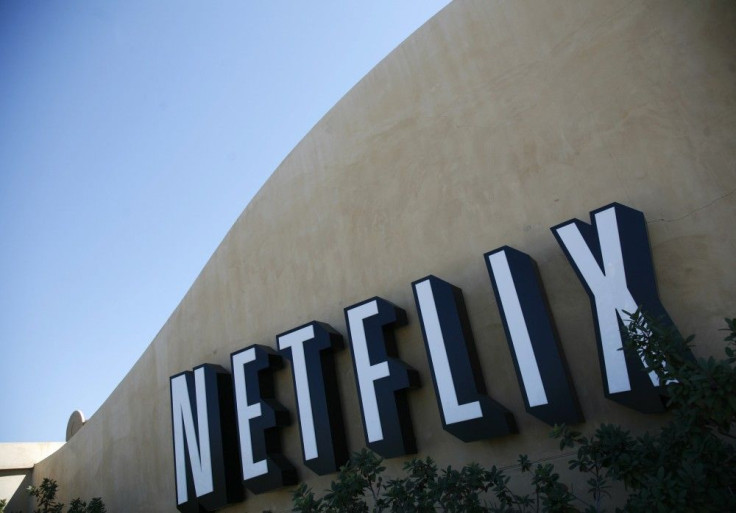Netflix Landing in Australia, New Zealand in March

After over a year of speculations and denials, Netflix has finally confirmed its landing in Australia and New Zealand in March.
The Internet streaming media has been rumoured to offer its services to Australians in 2015. The report has been persistently circulating for months, but has been consistently denied by Netflix. It claimed that it had plans to go global, but it had no current schedule for an Australian launch.
Read: Netflix Denies Australian Market Launch
On Wednesday, Netflix has grown tired of denying, and has finally confirmed its plans of launching the service in Australia and in New Zealand in the first quarter of 2015.
http://t.co/8kKEzEtyq8 ɹǝpu∩uʍoᗡxıןɟʇǝN# uǝɥʇ ןıʇu∩ ¡ZN & sn∀ ɥɔɹɐW uı noʎ ǝǝS
— Netflix US (@netflix) November 18, 2014
“Internet-connected users in Australia and New Zealand will be able to subscribe to Netflix and instantly watch a curated selection of popular movies and TV shows in high-definition or even 4K where available,” the company released a statement. “Netflix will be available at launch on smart TVs, tablets and smartphones, computers and a range of Internet-capable game consoles and set-top boxes.”
The announcement did not include pricing details, although as news.com.au reported, it is expected to be in the $10 to $15 monthly range.
While Australians and Kiwis have been waiting for Netflix to come to the country, without confirmed pricing, it’s still unclear if they will subscribe to the highly anticipated service. Many of them are already subscribed to Netflix using fake IP addresses that hide their true location. If the subscription service Netflix offers in the countries is priced higher than what they already pay for, Netflix would then face competition not just from the local services, but also from itself.
Also, the content that Neflix would offer would not be as extensive as it does in the U.S. In Australia, its local rivals already have exclusive streaming rights for some programs. Foxtel, for example, exclusively offers “Game of Thones,” the most illegally downloaded TV show in the country.






